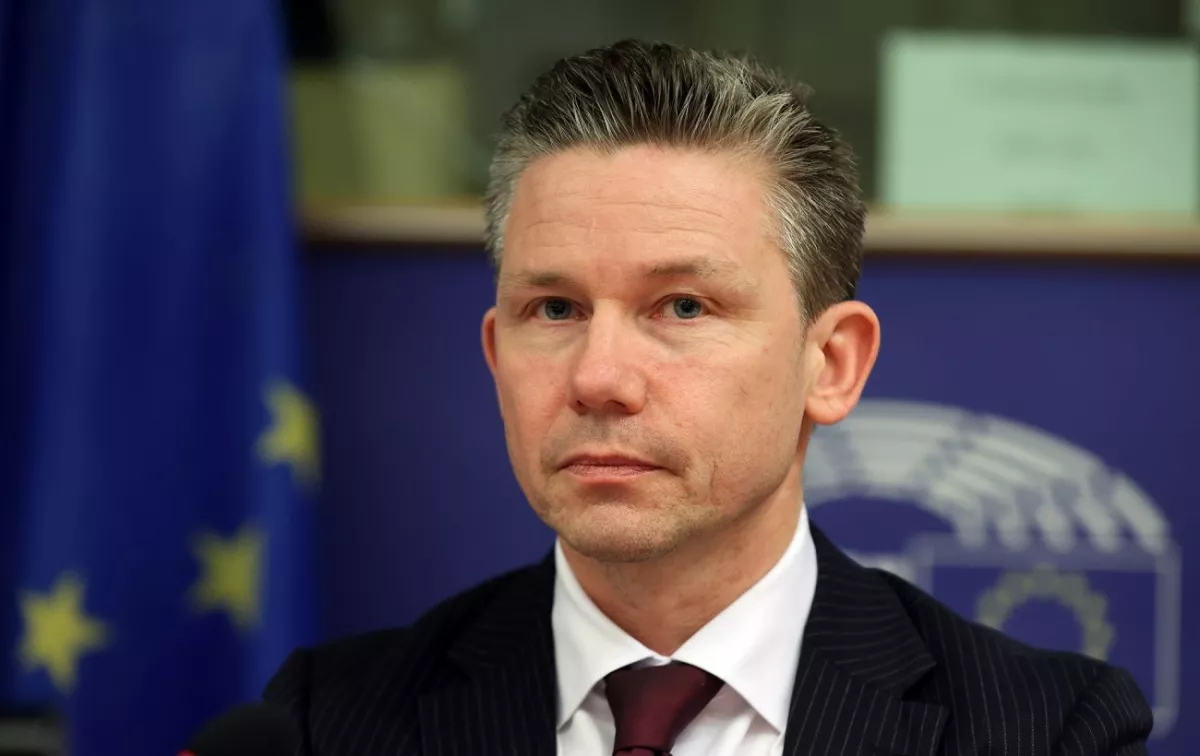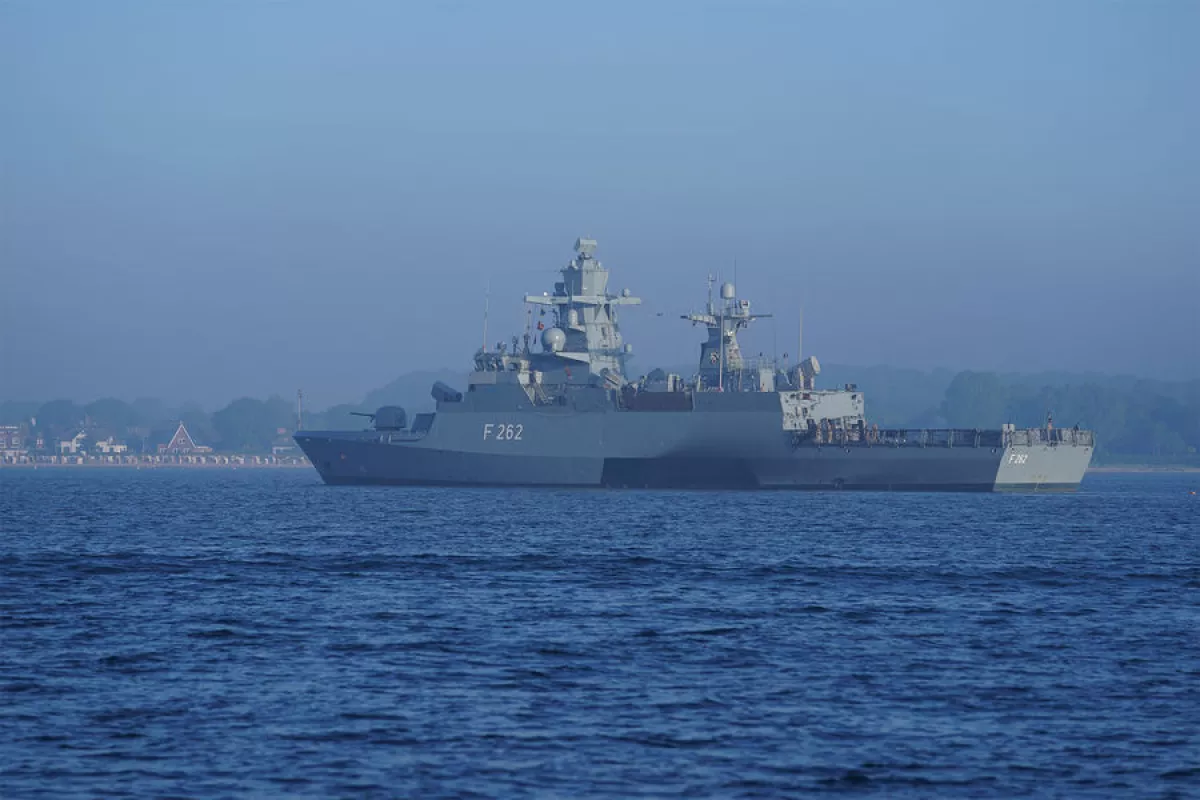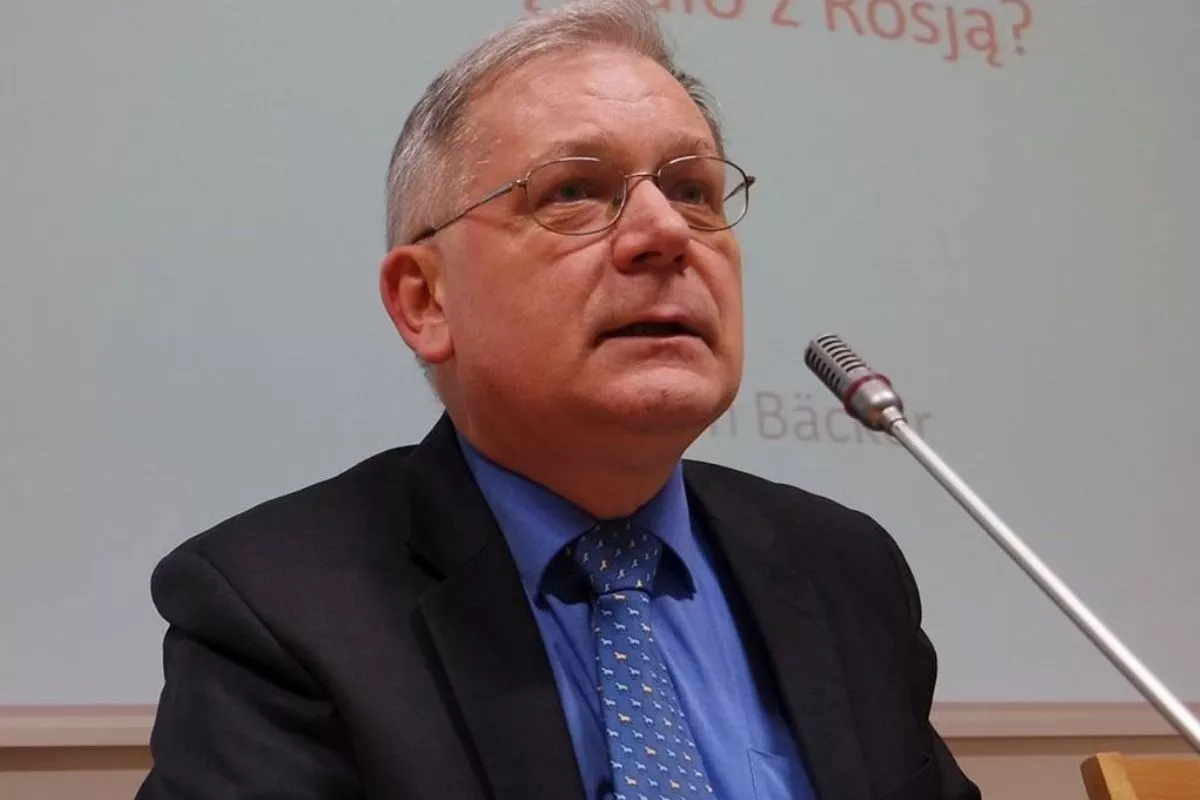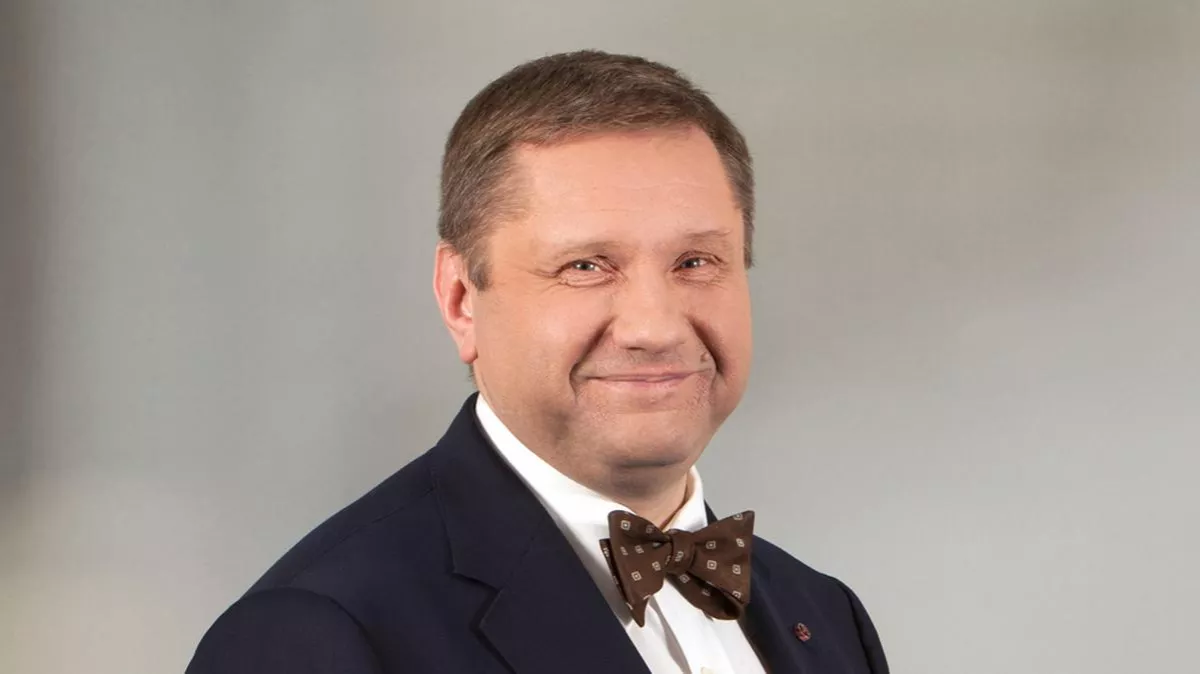Is NATO ready for a Baltic showdown with Russia? Experts weigh risks of war
Europe has little time left to prepare for a war with Russia. While Moscow is “bogged down” in Ukraine, it is necessary to strengthen NATO’s north-eastern flank urgently, says Sweden’s defence minister.

Russia’s army has learned a great deal fighting against Ukraine, including the use of drone technologies. The country’s economy has shifted to a wartime footing, which, according to Defence Minister Pål Jonson in an interview with The Telegraph, could allow Vladimir Putin to organise a limited invasion of NATO countries in the Nordic-Baltic region within two to five years.
Since Putin is demonstrating a readiness to “take political and military risks,” the threat ultimately extends to all of Europe, not just the states bordering Russia, Jonson emphasised on the sidelines of the Prague Defence Summit organised by the International Institute for Strategic Studies (IISS).
Director of the Czech Security and Intelligence Service, Michal Koudelka, agrees that if Putin were to attack Europe, he would act just as brutally as in Ukraine. He accused Russia of “brutal murders” and “deliberately targeting civilians — women, children, and innocent, defenseless Ukrainian citizens.” According to him: “We should all be absolutely certain that the Russians would do the same to us. Let there be no doubt about it.”
Koudelka stressed that it is Ukrainian soldiers who are now “giving us time to prepare for possible Russian aggression.” Swedish Defence Minister Pål Jonson expanded on this point: “It is vital that we use this window of opportunity that we have while Russia is bogged down in Ukraine to strengthen NATO’s northern flank.”
The Russian army is acquiring new skills on the battlefield, particularly in electronic warfare, long-range strike capabilities, and drone operations. The defence industry is actively ramping up arms production, Jonson noted. At the same time, Russia is reinforcing its military presence along the borders of Finland and the Baltic states: building new bases, repairing and laying railway lines, and militarising the Kaliningrad region.

In response, the countries on NATO’s north-eastern flank launched the “Baltic Sentry” mission in January 2025 to patrol the Baltic Sea and protect its critical infrastructure. As part of the mission, the Finnish Coast Guard detained the Russian shadow fleet tanker Eagle S. Its captain and two crew members were brought to trial on charges of damaging an undersea cable in the Gulf of Finland using an anchor. According to Finnish authorities, the tanker was also carrying espionage equipment.
However, due to a lack of funding, the Baltic Sentry mission may be scaled back, with ships replaced by naval drones, The Telegraph reports. “Baltic Sentry has had a clear deterrent effect on Russia, protecting the underwater infrastructure vital to Europe’s internet and power grids,” Charlie Edwards, a senior fellow at the IISS, told the newspaper.
How likely is it that Russia is preparing to expand the war into the Nordic-Baltic region? Can these countries manage to strengthen their defences in time? What needs to be done now, and is Europe ready for such a scenario?
Renowned foreign commentators shared their views with Caliber.Az.

Polish analyst Roman Bäcker, Professor at the Faculty of Political Science and International Studies at Nicolaus Copernicus University in Toruń, believes that, rationally speaking, Russian aggression is impossible.
“However, the same could have been said about Russia’s attack on 24 February 2022. According to all the information available to Putin at the time, Ukrainians were not expected to resist, the West was supposed to remain indifferent, and the Russian army was meant to win within three days.
Yet, for three and a half years, Russia has been confronted daily with its inability not only to control Ukraine, but even to seize the four regions formally incorporated into Russia fully.
On 9–10 September 2025, Russia sent around 20 drones into Polish territory. The Prime Minister and President, who were locked in a bitter inter-party conflict, met at 3 a.m. and jointly demanded the activation of Article 4 of the NATO Charter. This article provides for consultations among allies in the event of a threat to one of them. Sending drones into Poland was not only irrational but also counterproductive.
Finland and the Baltic states are building powerful defensive structures on their borders with Russia. The skies over the Baltic states are patrolled by NATO aircraft. No reasonable person would consider launching an attack that has no chance of success. But Putin cannot be regarded as reasonable, especially when it comes to the West,” Bäcker argues.

Political analyst and Deutsche Welle columnist Konstantin Eggert (Vilnius) believes that an attack on one of NATO’s eastern flank countries would mean an attack on the entire Alliance.
“In this situation, it does not matter whether the United States, for example, decides to invoke Article 5 of the North Atlantic Treaty. I have no doubt that, say, Lithuania would immediately be supported by Poland, the other Baltic states, Finland, and possibly Romania. For most Central European countries, a Russian attack on one of them would in fact be an attack on all, a mortal threat.
It should not be forgotten that, despite its battlefield experience, the Russian army is in many respects weaker than the armies of Central Europe. Poland, for instance, today has the Alliance’s third-largest army by manpower after the United States and Turkey. The Polish army is rearming at a record pace, and among others, has kept South Korea’s defence industry busy with orders for years to come.
Under these circumstances, any Russian attack on a NATO member state would be an extremely risky undertaking and would most likely end in defeat,” the expert said.
Moreover, he noted, there is no doubt that in the event of a Russian attack on the Baltic states, Finland would be capable of striking Russian territory and seizing Vyborg, and possibly even St. Petersburg.
“Therefore, in my view, the risk exists, but it is more likely to be a risk of military provocation rather than a full-scale operation. The goal would not be territorial conquest, but to demonstrate NATO’s impotence. For example, an attack on the city of Narva in Estonia, where the majority of the population is Russian-speaking and, let us say, not always loyal to Estonia. In the case of a short raid—an infringement of sovereignty without actual territorial seizure—the allies’ response could be ambiguous. That, most likely, would be the Kremlin’s calculation.
Today, Hungary and Slovakia could well say: ‘We are not going to fight for some Narva.’ Therefore, if the Russian regime attempts a strike against the Baltic or Central European countries, it would be a provocation rather than an invasion. The aim would be to show that the Alliance is divided, that it is a paper crane, a political club for debates, not a military organisation.
This danger exists, and it is being taken into account in the Baltic states and Poland. The period of greatest risk is the next year and a half to two years, up until the deployment of the Bundeswehr brigade in Lithuania. Until then, one can imagine such a provocation regardless of whether Russia continues its aggression against Ukraine or not,” Eggert emphasised.

Rēzekne City Council deputy (Latvia), political scientist, and publisher/editor of Žurnāls A12, Ināra Groce, stated that Latvia regularly conducts Namejs defence exercises and is expanding the production of drones and other military technologies.
“This is already becoming an everyday matter – we are strengthening our defence and combat readiness. In the future, anything is possible; the war in Ukraine has prepared us for all scenarios. It will not come as a surprise to us. That means we are ready to resist.
As for the incident with Poland, these are not the first Russian drones to penetrate that country. But perhaps this is for the better — it became clear that there are gaps along Poland’s borders that need to be addressed. Hence the question of closing all borders with Russia. I think this should have been done long ago. Now there are plenty of reasons for it — drones, military exercises near Europe’s borders. It is a pity that today people’s thoughts must be focused on defence rather than on good things — health, children, the environment,” Groce said.








